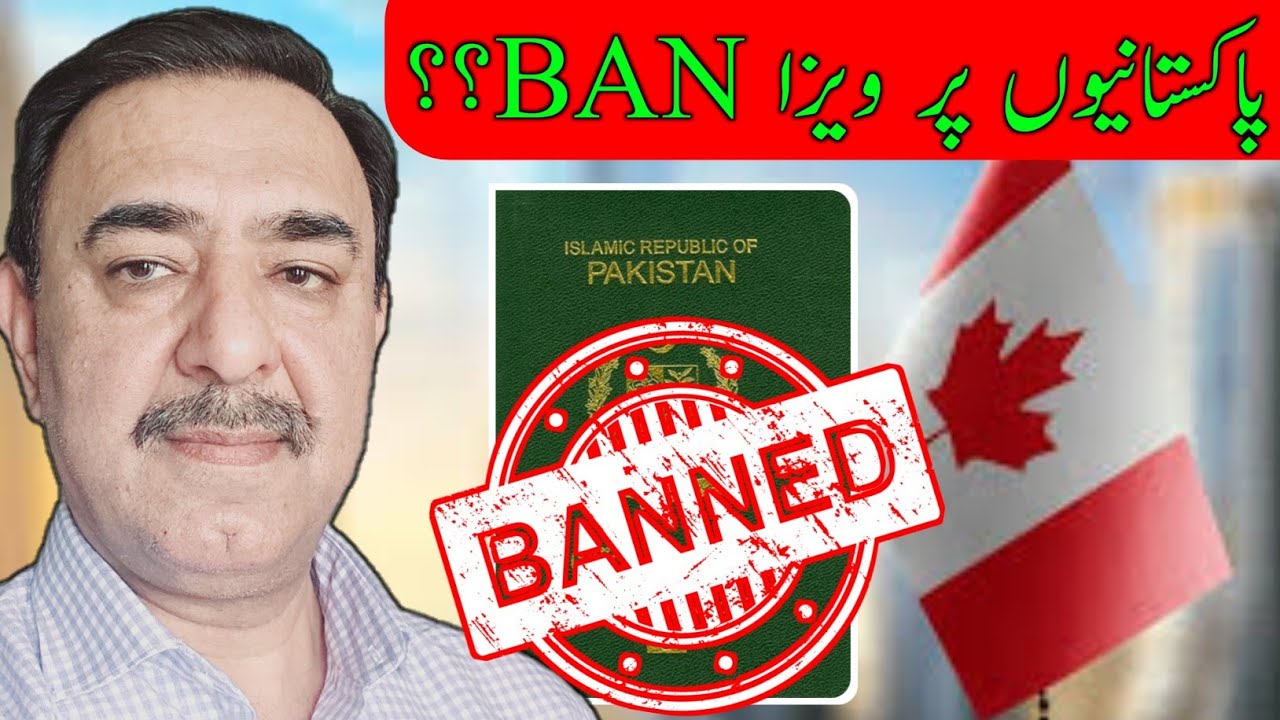India-Canada Row: ‘Newton’s law of politics,’ When EAM Jaishankar’s schooled Justin Trudeau
Summary
TLDRThe transcript discusses concerns over India's wanted criminals residing in Canada, highlighting issues related to visas and false documentation. The speaker criticizes Canada for allowing individuals with organized crime connections to thrive, framing it as a political issue where extremism and separatism gain legitimacy under the guise of free speech. They emphasize the potential consequences of this approach, warning that reactions will occur if Canada continues to support such individuals. The speaker urges Canada to recognize the implications of their policies on diplomatic relations and national security.
Takeaways
- 🚨 Canada has reportedly granted visas to wanted criminals from India, raising concerns about security and public safety.
- ⚖️ The speaker suggests that there is a double standard in Canada regarding the treatment of individuals with extremist and violent backgrounds.
- 📜 False documentation has been used by some individuals to gain entry into Canada, complicating the issue further.
- 🗣️ There is an ongoing dialogue with Canadian authorities about the presence of organized crime figures from Punjab in Canada.
- 🛑 The speaker warns that importing individuals with dubious backgrounds for political reasons could lead to significant issues.
- 🌍 The world is interconnected, and actions taken in Canada may have repercussions elsewhere, as highlighted by Newton's law of politics.
- 🔍 The rise of extremism and separatism in Canada is perceived as legitimized under the guise of free speech, which concerns the speaker.
- 🏛️ The current political landscape in Canada is viewed as accommodating to individuals promoting violence and extremism.
- 🔒 The speaker emphasizes the need for strong positions against threats to diplomatic missions, indicating a potential diplomatic crisis.
- ⚡ There is an urgency for Canada to reconsider its policies regarding the entry and treatment of individuals with criminal backgrounds.
Q & A
What concern does the speaker express regarding criminals from India in Canada?
-The speaker highlights that Canada has allowed wanted criminals from India to enter the country with visas, often using false documentation.
What does the speaker mean by 'Newton's law of politics' in this context?
-The speaker refers to 'Newton's law of politics' to suggest that actions taken by one party will inevitably provoke reactions from others, implying that allowing criminals into Canada will have negative repercussions.
What type of individuals does the speaker refer to when discussing criminals from Punjab?
-The speaker mentions individuals linked to organized crime and gangland activities from Punjab, who have been welcomed in Canada.
What is the speaker's view on the political climate in Canada regarding extremism?
-The speaker criticizes the Canadian political landscape for legitimizing extremism and separatism under the guise of free speech, suggesting this poses a threat.
How does the speaker relate attacks on embassies to the issue of wanted criminals in Canada?
-The speaker expresses deep concern for attacks or threats to embassies, linking them to the broader issue of criminal activities and suggesting that such incidents should evoke a strong reaction from authorities.
What does the speaker suggest about the legitimacy of violent advocates in Canada?
-The speaker argues that advocating violence and extremism has been given legitimacy in Canada, which could lead to domestic issues and challenges.
What reasoning does the speaker provide to justify the fear of repercussions from allowing criminals to reside in Canada?
-The speaker asserts that if Canada imports individuals with dubious backgrounds for political purposes, it will create problems not just for Canada but also for India, indicating a need for accountability.
What stance does the speaker take regarding the idea of free speech in relation to extremism?
-The speaker acknowledges the importance of free speech but argues that it should not shield advocates of extremism and violence, stressing the need for responsible governance.
What action does the speaker believe should be taken in response to the situation?
-The speaker emphasizes the need for a strong and proactive response to ensure the safety of diplomats and embassies, urging the foreign minister to consider how they would react if their own diplomats were threatened.
What underlying message does the speaker convey about international relations?
-The speaker conveys that international relations cannot be one-sided and that consequences will arise from decisions made by one country, suggesting the importance of vigilance and accountability in diplomatic interactions.
Outlines

This section is available to paid users only. Please upgrade to access this part.
Upgrade NowMindmap

This section is available to paid users only. Please upgrade to access this part.
Upgrade NowKeywords

This section is available to paid users only. Please upgrade to access this part.
Upgrade NowHighlights

This section is available to paid users only. Please upgrade to access this part.
Upgrade NowTranscripts

This section is available to paid users only. Please upgrade to access this part.
Upgrade NowBrowse More Related Video

More Visa Restrictions for Pakistanis after Shazaib khan incident happened in Canada

भारत से डिप्लोमेटिक युद्ध में जीत पायेगा कनाडा?

Top 6 | Canada’s Double Standards to India-China Diplomacy | EAM Jaishankar’s must-watch key remarks

SCAMMER MELAYU - "BIG BOSS" KELAB MALAM TERKENAL DI KUALA LUMPUR

Africans in Guangzhou Episode 1: Major challenges Africans face

Auditoria Interna ISO 2 PARTE
5.0 / 5 (0 votes)